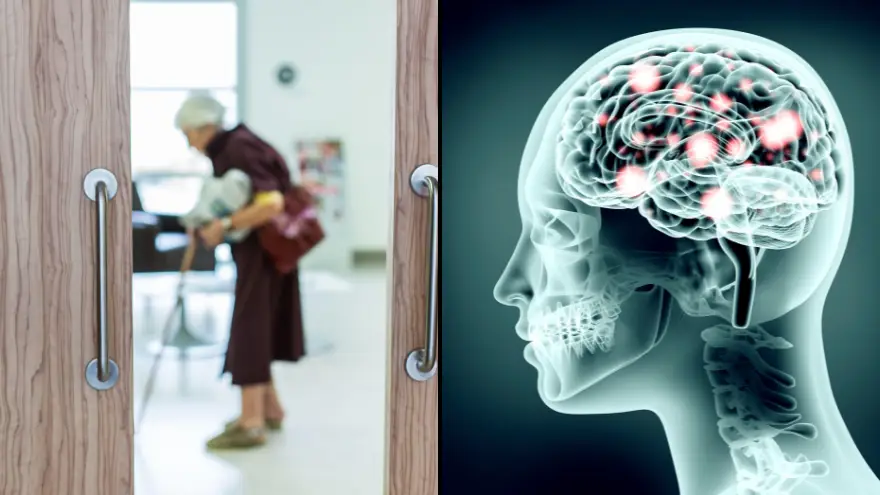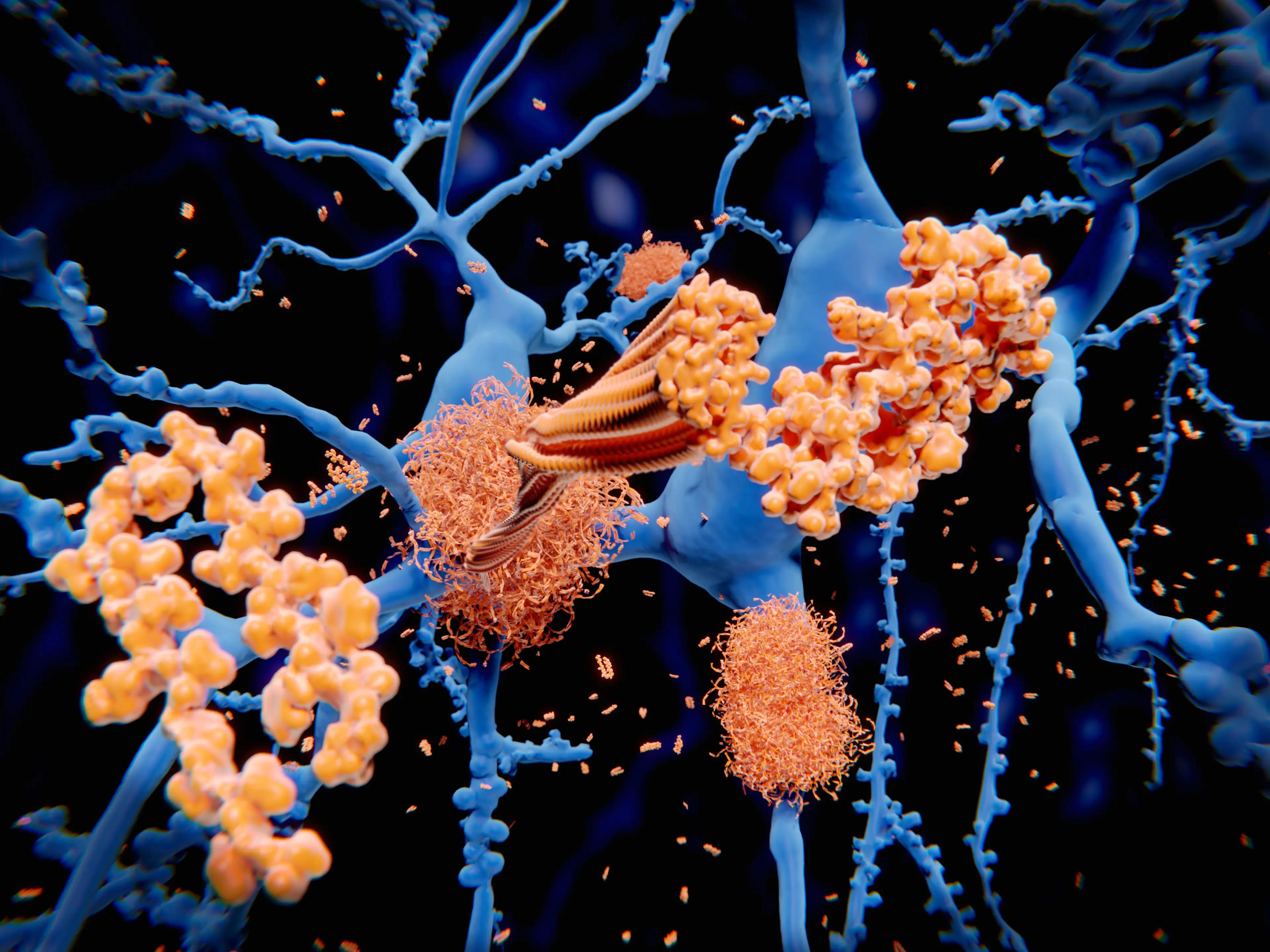
Experts are calling a new drug developed to treat Alzheimer's the 'beginning of the end' in the hunt for treatments which are effective at dealing with the cruel disease.
The new drug is called Lecanemab and it was made to target something called amyloid, which is a protein that builds up in the brains of people with Alzheimer's.

Clinical trials of the drug have been done and found that it manages to slow down the decline of memory and ability to think in a person suffering from the disease.
Advert
A trial of 1,795 people with early Alzheimer's found that after 18 months the progression of the disease was 27 percent slower in people taking Lecanemab.
Experts see as the proof they've been looking for that treatments can be found to slow down the effects Alzheimer's has on the mind.
However, there is still more work to be done as the clinical trials also showed a risk of side effects including brain bleeds in very rare cases, so while researchers believe this is a sign they're on the right track there is some distance to go.
Professor John Hardy, group leader of the UK Dementia Research Institute at University College London, hailed the success of the new drug as the 'beginning of the end' in developing a treatment for Alzheimer's.
He said: "The amyloid theory has been around for 30 years so this has been a long time coming.
"It’s fantastic to receive this confirmation that we’ve been on the right track all along, as these results convincingly demonstrate, for the first time, the link between removing amyloid and slowing the progress of Alzheimer’s disease."
"The first step is the hardest, and we now know exactly what we need to do to develop effective drugs. It’s exciting to think that future work will build on this, and we will soon have life-changing treatments to tackle this disease."
He also spoke of the potential risk of side effects, calling for 'further trials to fully understand and mitigate this risk' and supporting 'rigorous safety monitoring' for those who might be taking the drug.

Professor Bart De Strooper, director of the UK Dementia Research Institute, said another task researchers would now have to contend with was working out who would need treatment.
He explained that working out a possible treatment 'raises the question' of how to get it to patients 'at the right stage in their disease course'.
He called for more efforts to go towards 'making early diagnosis easier and more accessible' so this new drug could be given to patients when it would do the most good.